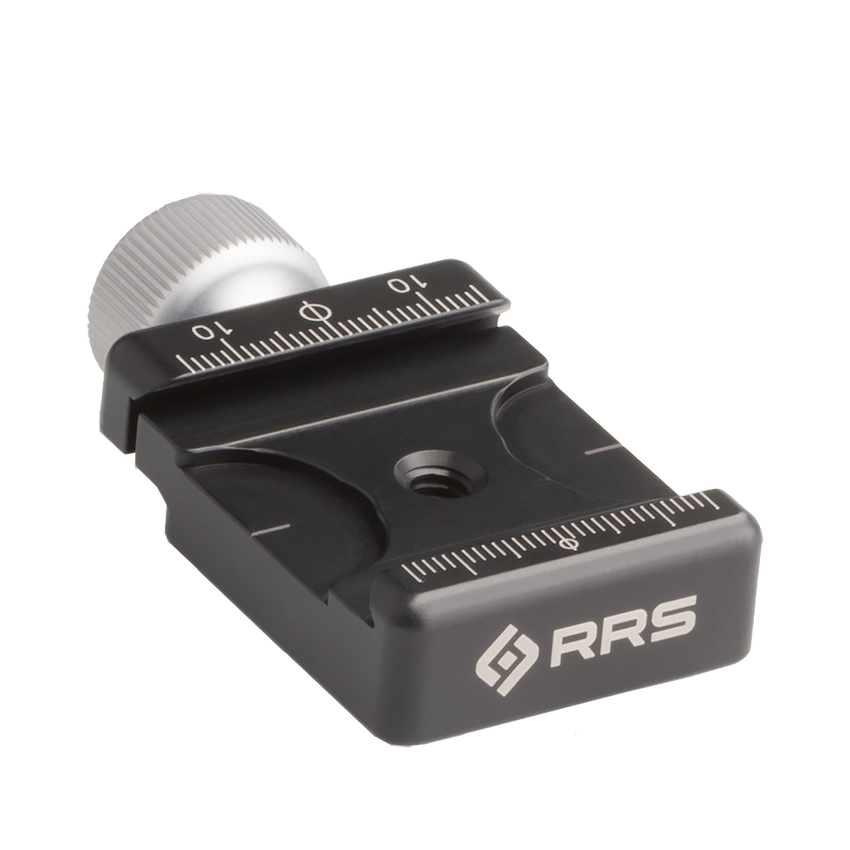
Compact Knob Extender
$25.00
- SKU:
- COMPACT KNOB EXTENDER
- UPC:
- 818413021785
Downloads
find your perfect setup

Colors Available
$145.00

PG-01 Compact Pano-Gimbal Head
Colors Available
$255.00

B2-MAS: 38MM Screw-Knob Clamp
Colors Available
$75.00

B2-FAB: 38MM Screw-Knob Clamp
Colors Available
$75.00

TA-4-LBGP Low Profile Knob
Colors Available
$65.00












